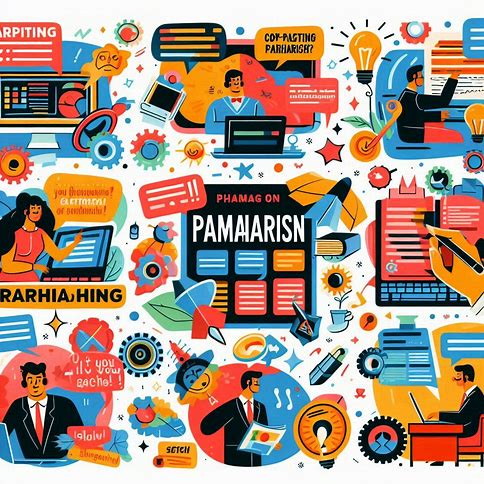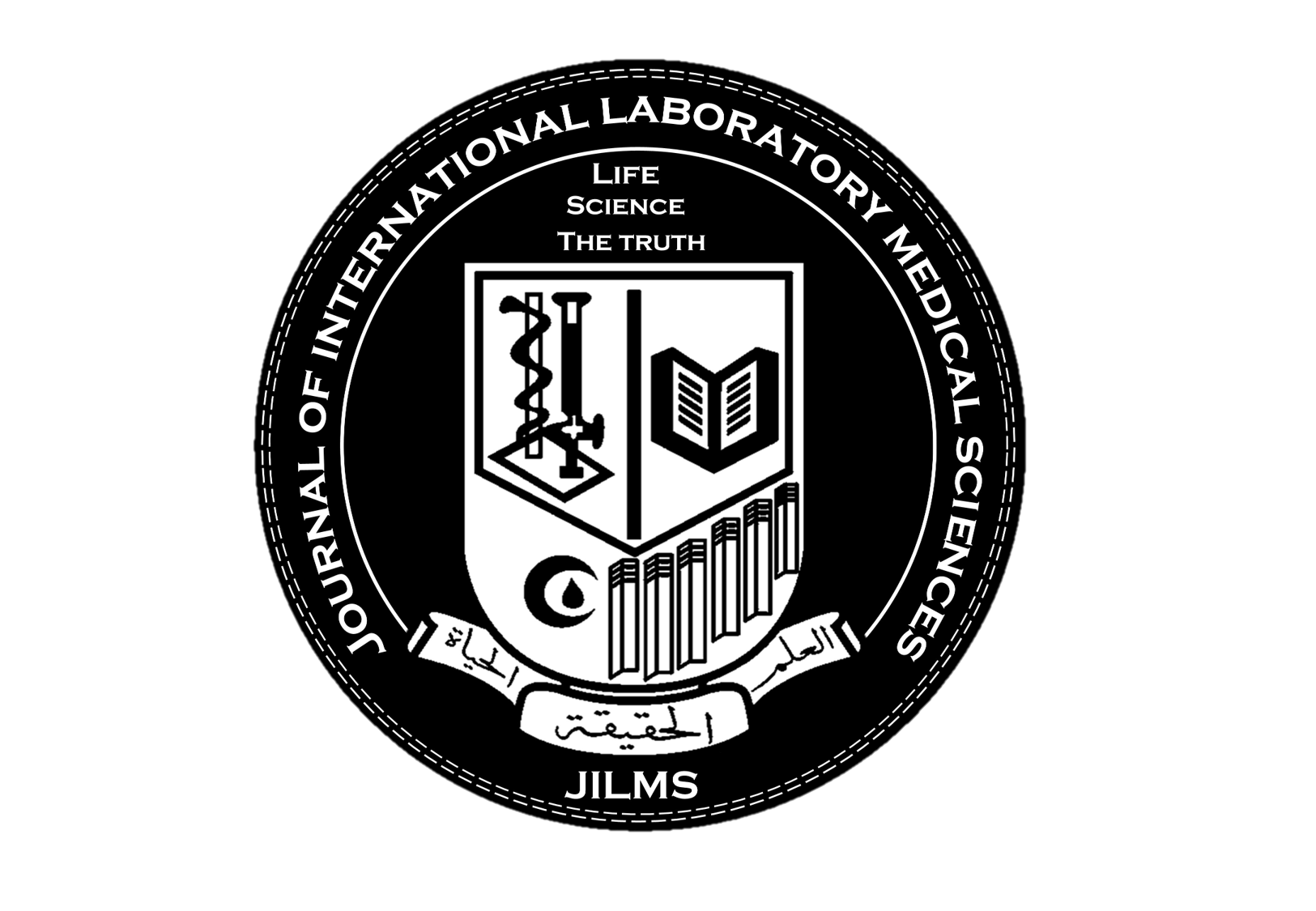سياسة الإنتحال
سياسة الإنتحال
JIMDS تعارض بشدة أي عمل غير أخلاقي من النسخ أو الانتحال بأي شكل من الأشكال. يتم فحص جميع المخطوطات المقدمة للنشر في المجلة بحثًا عن سرقة أدبية باستخدام برنامج Turnitin Plagiarism Detection Software. المخطوطات التي تبين أنها مسروقة خلال المراحل الأولى للمراجعة مرفوضة بشكل غير صحيح ولا تعتبر صالحة للنشر في المجلة. نحن لا نعالج أي محتويات مسروقة. إذا كانت المخطوطة تحتوي على مؤشر تشابه يزيد عن 20٪، وكانت المصادر المرجعية أكثر من 5٪ من السرقة الأدبية بناءً على نتيجة مدقق الانتحال، فسنرفض المخطوطة ونعيدها إلى المؤلف لمراجعتها للمحتويات المسروقة. في حالة إكتشاف أن مخطوطة ما مسروقة بعد النشر، سيجري رئيس التحرير تحقيقًا أوليًا، ربما بمساعدة لجنة مناسبة مشكلة لهذا الغرض.
إذا تبين أن المخطوطة مسروقة بما يتجاوز الحدود المقبولة، ستتصل المجلة بمعهد المؤلف / الكلية / الجامعة ووكالة التمويل. إن وجدت، سيقود تحديد سوء السلوك المجلة إلى تشغيل بيان ثنائي الإتجاه مرتبط عبر الإنترنت من وإلى الورقة الأصلية، لملاحظة الانتحال وتقديم إشارة إلى المادة المسروقة. سيتم أيضًا تمييز الورقة التي تحتوي على الانتحال في كل صفحة من صفحات PDF. عند تحديد مدى الانتحال، يمكن أيضًا سحب الورقة رسميًا.

أنواع السرقة الأدبية
The journal considers the following types of plagiarism:
- Full plagiarism is considered when previously published content is copied without any changes to the text, ideas, or grammar. Presenting the exact text from a source as one’s own is what it involves.
- Partial plagiarism occurs when the content is a mixture of different sources and the author has extensively rephrased the text.
- Self-plagiarism is when an author reuses complete or portions of their pre-published research. Complete self-plagiarism is when an author republishes their previously published work in a new journal.
Policy and Action for Plagiarism
JIMDS respects intellectual property and aims to protect and promote the original work of its authors. Manuscripts containing plagiarized material are against the standards of quality, research, and innovation. Hence, all authors submitting articles to the journal are expected to adhere to ethical standards and refrain from plagiarism in any form.
In case, an author is found to be suspected of plagiarism in a submitted or published manuscript then, journal shall contact the author (s) to submit his / her (their) explanation within two weeks, which may be forwarded to the Fact Finding Committee (FFC) constituted for the purpose, for further course of action. If the journal does not receive any response from the author within the stipulated time period, then the Director / Dean / Head of the concerned College, Institution or Organization or the Vice Chancellor of the University to which the author is affiliated shall be contacted to take strict action against the concerned author.
JIMDS shall take serious action against published manuscripts found to contain plagiarism and completely remove them from the Journal website and other third-party websites where the paper is listed and indexed. The moment, any article published in Journal database is reported to be plagiarized, JIMDS will constitute a Fact Finding Committee (FFC) to investigate the same.

Upon establishing that the manuscript is plagiarized from some previously published work, JIMDS shall support the original author and the manuscript, regardless of the publisher. It is possible to take any or all of the following immediate actions or follow the additional course of action recommended by the committee.
The JIMDS editorial office shall immediately contact the Director, Dean, or Head of the concerned College, Institution, or Organization, or the Vice Chancellor of the University to which the author(s) is affiliated, to take strict action against the author(s).
JIMDS shall remove the PDF copy of the published manuscript from the website and disable all links to the full text article. The term ‘Plagiarized Manuscript’ shall be appended to the title of the published manuscript.
JIMDS shall disable the author’s account with the journal and reject all future submissions from the author for a period of 03,05, or 10 years, or even ban the author permanently.
JIMDS may also display the list of such authors along with their full contact details on the journal website.
Any other course of action, as recommended by the Committee or as deemed fit for the current case, or as decided by the Editorial Board from time to time.
